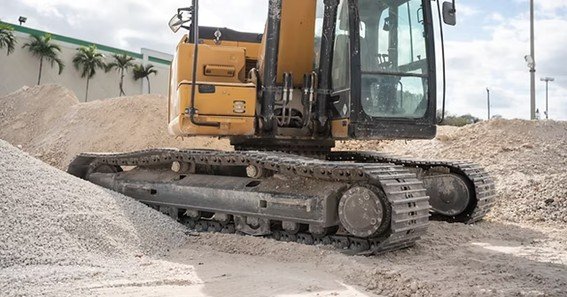Operating heavy machinery is a specialized skill that requires proper training and certification. Whether you’re starting a new career or enhancing your existing skills, selecting the right training program is crucial. Carakami.com has curated a list of the top five heavy equipment operator training programs to guide aspiring operators toward reputable and effective training options.
Heavy Equipment Colleges of America (HECA)
HECA offers comprehensive training programs across multiple U.S. locations, including California, Georgia, Oklahoma, and Washington. Their curriculum covers various heavy machinery operations, such as bulldozers, excavators, and cranes. HECA’s programs are designed to provide hands-on experience, ensuring students are job-ready upon completion. They also offer an Associate of Occupational Science in Heavy Equipment, blending theoretical knowledge with practical skills.
International Union of Operating Engineers (IUOE)
IUOE is a prominent labor union that provides extensive training for heavy equipment operators. With training facilities across the U.S. and Canada, IUOE offers apprenticeship programs combining classroom instruction with hands-on experience. Their training covers various equipment, including cranes, bulldozers, and excavators, emphasizing safety and efficiency. IUOE’s programs are recognized for producing highly skilled operators ready to meet industry demands.
West Coast Training
Located in Washington state, West Coast Training provides an intensive 8-week heavy equipment operator program. The course includes both classroom instruction and field training, covering equipment like backhoes, dozers, and loaders. Students receive personalized attention due to small class sizes, ensuring they gain confidence and competence in operating heavy machinery. Graduates are well-prepared for careers in construction, mining, and other industries requiring heavy equipment operation.
Associated Training Services (ATS)
ATS offers a variety of training programs, including heavy equipment operation, crane operation, and commercial driver’s license (CDL) training. Their heavy equipment operator program provides hands-on training with machinery such as bulldozers, backhoes, and excavators. ATS emphasizes safety, operational techniques, and maintenance procedures. They also assist students with job placement, leveraging their extensive network within the construction industry.
National Commission for the Certification of Crane Operators (NCCCO)
NCCCO is a nationally recognized organization that offers certification for crane operators. While not a training provider per se, obtaining NCCCO certification is essential for crane operators seeking employment in construction and related fields. Many training programs, including those mentioned above, prepare students for NCCCO certification exams, ensuring they meet industry standards and regulatory requirements.
Conclusion
Selecting the right heavy equipment operator training program is a critical step toward a successful career in the industry. The programs highlighted by Carakami.com offer comprehensive training, hands-on experience, and industry-recognized certifications. By choosing a reputable training provider, aspiring operators can gain the skills and credentials needed to excel in the field of heavy machinery operation.
FAQs
Q1: What qualifications are needed to enroll in a heavy equipment operator training program?
Most programs require a high school diploma or GED. Some may also require a valid driver’s license and the ability to pass a physical exam.
Q2: How long do these training programs typically last?
Program lengths vary, ranging from a few weeks to several months, depending on the depth of training and certification goals.
Q3: Are there online training options available for heavy equipment operation?
Yes, some providers offer online courses covering theoretical aspects, but hands-on training is essential for skill development.
Q4: What types of equipment will I learn to operate?
Training programs typically cover equipment such as bulldozers, excavators, backhoes, loaders, and cranes.
Q5: Do these programs assist with job placement after completion?
Many training providers offer job placement assistance, leveraging industry connections to help graduates find employment.










